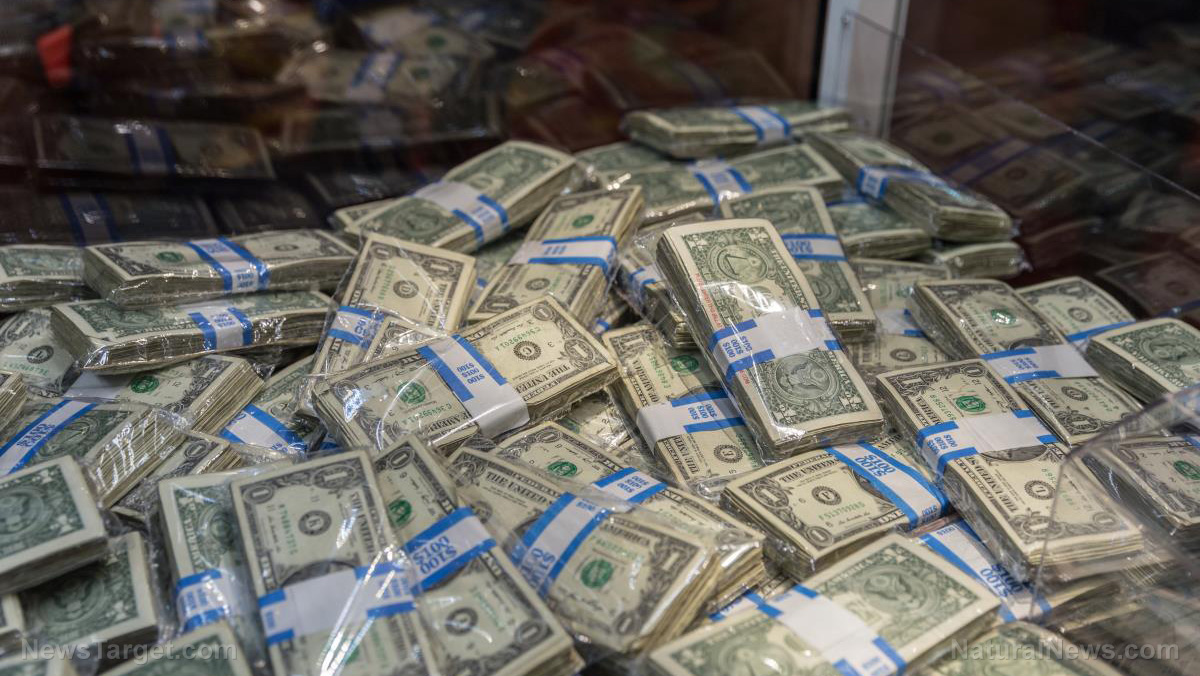 Parler
Parler Gab
Gab
Kremlin to seize U.S. assets in Russia in retaliation
In response, the Kremlin has issued a decree from President Vladimir Putin on Thursday, May 23, allowing the confiscation of U.S. companies' and individuals' assets as compensation for any Russian assets seized in the United States. The decree allows Russia to confiscate property, real estate, securities and stakes in Russian companies owned by American companies and citizens to compensate for Russian losses from seizures by Washington. Russian state media claims the Kremlin has identified around $290 billion in U.S. and allied assets in Russia that could be targeted, though this hasn't been independently verified. Russia has already seized assets from several Western companies and millions of dollars held by European banks. Watch this Feb. 23 episode of "Brighteon Broadcast News" as host Mike Adams, the Health Ranger, warns about how the G7's plan to seize frozen Russian assets will end up destroying the American dollar. This video is from the Health Ranger Report channel on Brighteon.com.More related stories:
EU to give Ukraine weapons and aid using profits from frozen (stolen) Russian assets. Russian central bank governor: Western seizure of frozen assets won’t affect Russia’s financial stability. If U.S. tries to steal Russian assets for Ukraine, the American economy and western financial system will CRUMBLE. Schizophrenic world order: The West is willing to destroy its financial system to punish Russia. CONTORTIONIST ACT: G7 experts claim that seizing frozen Russian assets is legal given Russia’s “unlawful conduct” toward Ukraine. Sources include: RT.com APNews.com Brighteon.comWatching Washington foment nuclear war
By News Editors // Share
The West needs radical political change towards freedom
By News Editors // Share
Cyprus government investigating allegations Zelensky recently purchased 5-star casino hotel
By News Editors // Share
Medvedev warns that any U.S. strike on Russian targets will be the “start of world war”
By Ethan Huff // Share
Governments continue to obscure COVID-19 vaccine data amid rising concerns over excess deaths
By patricklewis // Share
Tech giant Microsoft backs EXTINCTION with its support of carbon capture programs
By ramontomeydw // Share
Germany to resume arms exports to Israel despite repeated ceasefire violations
By isabelle // Share










